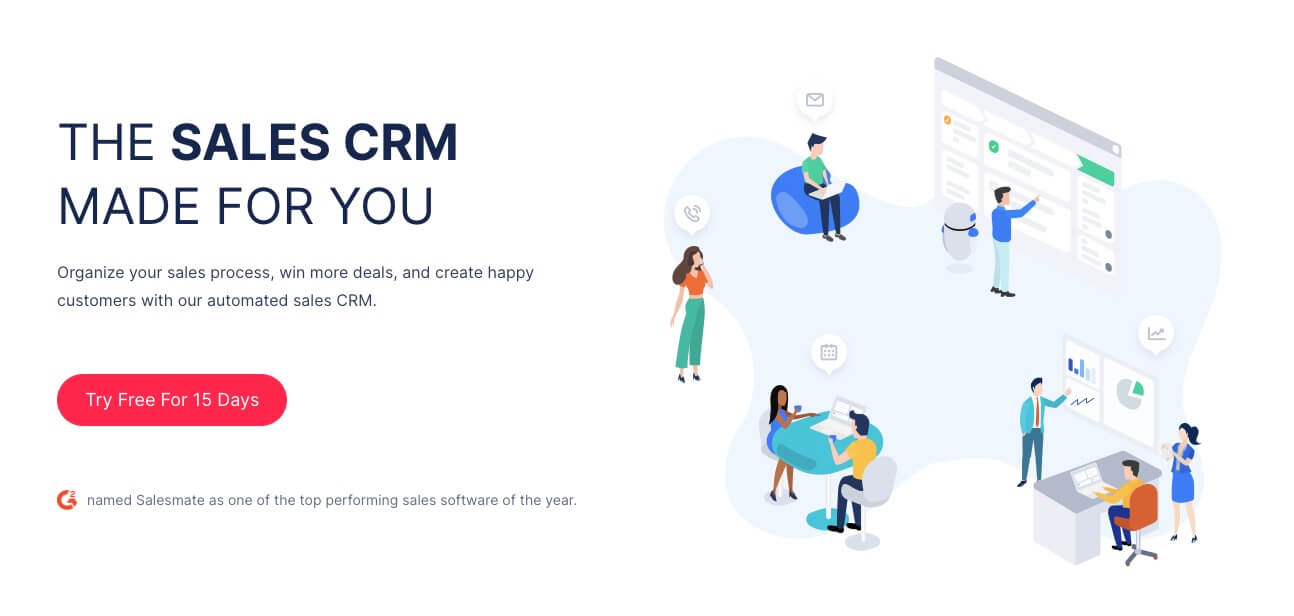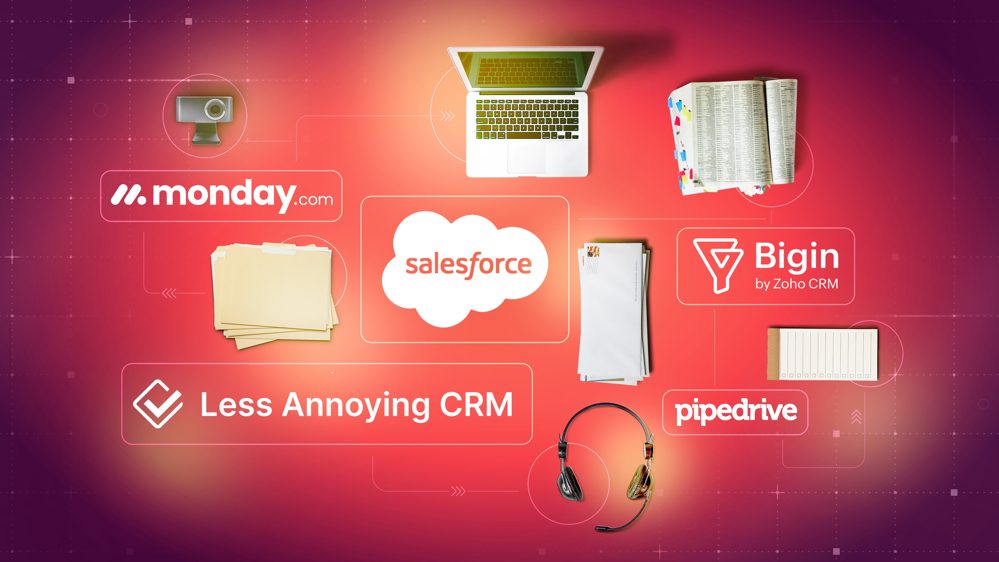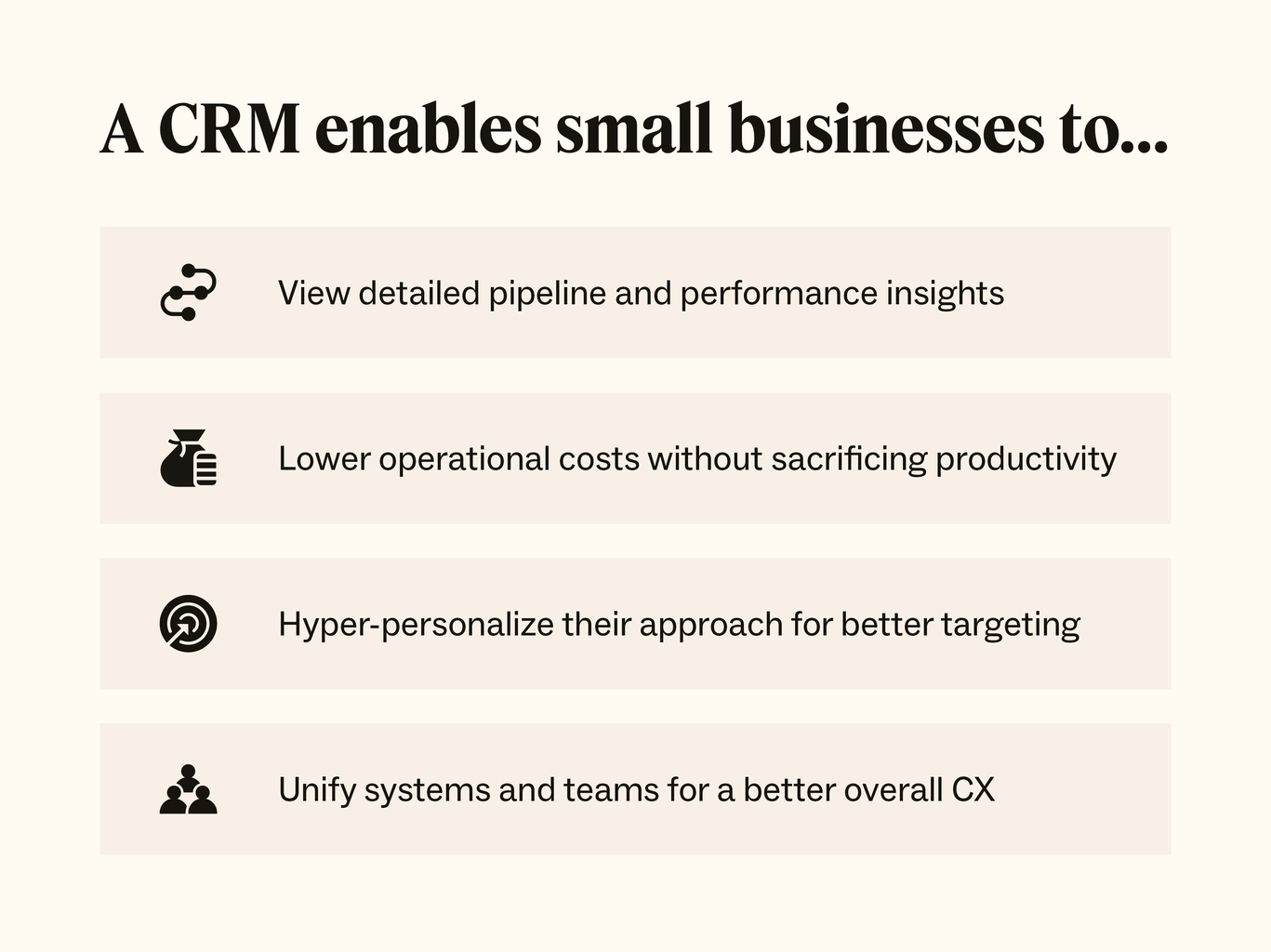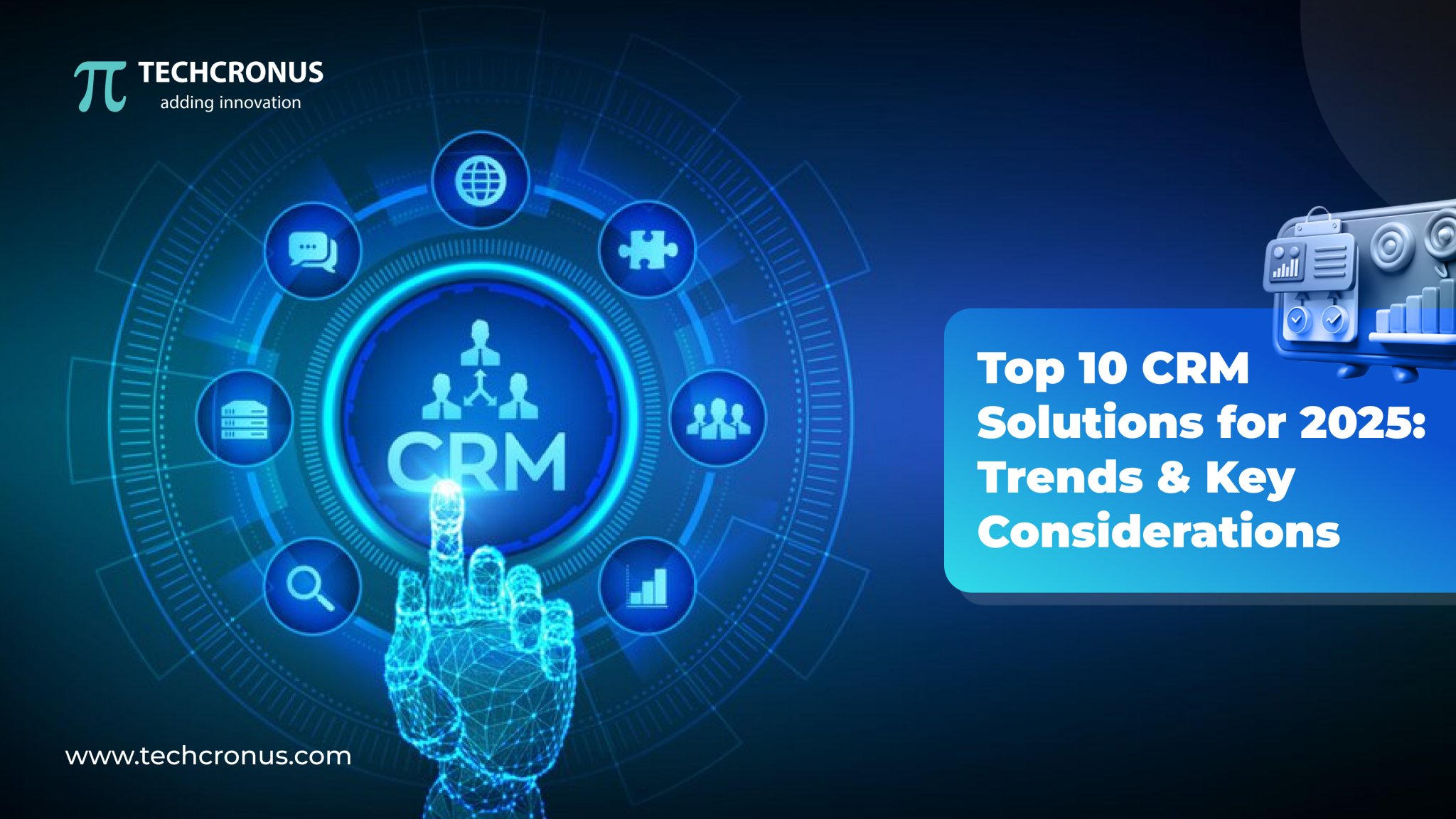Small Business CRM Indonesia: Your Ultimate Guide to Customer Relationship Management

Small Business CRM Indonesia: Your Ultimate Guide to Customer Relationship Management
In the bustling business landscape of Indonesia, small and medium-sized enterprises (SMEs) are the backbone of the economy. To thrive in this competitive environment, understanding and nurturing customer relationships is paramount. This is where Customer Relationship Management (CRM) systems come into play. This comprehensive guide will delve into the world of small business CRM in Indonesia, exploring its benefits, features, implementation strategies, and the best solutions available. Whether you’re a startup or an established SME, this guide will equip you with the knowledge to select and utilize CRM effectively, driving growth and fostering customer loyalty.
What is CRM and Why Does Your Indonesian Small Business Need It?
At its core, CRM is a technology that manages all your company’s relationships and interactions with customers and potential customers. The goal is simple: improve business relationships to grow your business. Think of it as a centralized hub for all your customer-related information. But why is it so crucial for your Indonesian small business?
Benefits of CRM for Indonesian SMEs:
- Improved Customer Service: CRM provides a 360-degree view of your customers, allowing your team to offer personalized and responsive service. This leads to higher customer satisfaction and retention.
- Increased Sales: By tracking leads, managing sales pipelines, and automating sales processes, CRM can significantly boost your sales efficiency and conversion rates.
- Enhanced Marketing Effectiveness: CRM enables targeted marketing campaigns based on customer data, leading to higher ROI and better brand awareness.
- Better Data Analysis and Reporting: CRM systems offer valuable insights into customer behavior, sales trends, and marketing performance, enabling data-driven decision-making.
- Streamlined Operations: Automating tasks such as follow-ups, email marketing, and appointment scheduling frees up your team to focus on core business activities.
- Cost Reduction: By automating processes and improving efficiency, CRM can help reduce operational costs in the long run.
For Indonesian SMEs, the benefits of CRM are particularly significant. In a market where competition is fierce, and customer expectations are high, CRM can be the differentiator that helps you stand out and build a loyal customer base. Consider the cultural nuances of the Indonesian market, where personal relationships and trust are highly valued. CRM allows you to cultivate these relationships, demonstrating that your business cares about its customers and their needs.
Key Features to Look for in a Small Business CRM in Indonesia
Not all CRM systems are created equal. When choosing a CRM for your Indonesian small business, consider the following essential features:
1. Contact Management:
This is the foundation of any CRM. It allows you to store and organize all your customer contact information, including names, addresses, phone numbers, email addresses, and social media profiles. Look for features like:
- Contact Segmentation: Ability to group contacts based on demographics, interests, or purchase history.
- Contact History: Track all interactions with each customer, including emails, calls, meetings, and purchases.
- Duplicate Contact Detection: Prevents data inconsistencies by identifying and merging duplicate entries.
2. Sales Automation:
Sales automation streamlines your sales processes, freeing up your sales team to focus on closing deals. Key features include:
- Lead Management: Track leads from initial contact to conversion, manage lead sources, and assign leads to sales representatives.
- Sales Pipeline Management: Visualize your sales pipeline, track the progress of deals, and identify potential bottlenecks.
- Task Automation: Automate repetitive tasks such as sending follow-up emails, scheduling appointments, and creating invoices.
- Deal Tracking: Monitor the status of deals, track sales targets, and forecast revenue.
3. Marketing Automation:
Marketing automation helps you nurture leads and engage customers with targeted campaigns. Look for features like:
- Email Marketing: Design and send email campaigns, segment your audience, and track open rates, click-through rates, and conversions.
- Landing Page Creation: Create landing pages to capture leads and promote your products or services.
- Social Media Integration: Connect your CRM to your social media accounts to track social interactions and manage your social media presence.
- Campaign Tracking: Measure the performance of your marketing campaigns and identify areas for improvement.
4. Customer Service Management:
Customer service management features help you provide excellent customer support and resolve issues quickly. Key features include:
- Ticket Management: Track customer inquiries, complaints, and requests, and assign them to the appropriate support agents.
- Knowledge Base: Create a library of articles, FAQs, and other resources to help customers find answers to their questions.
- Live Chat Integration: Provide real-time support to customers through live chat.
- Customer Feedback Collection: Gather customer feedback through surveys and other methods to improve your products and services.
5. Reporting and Analytics:
Reporting and analytics features provide valuable insights into your business performance. Look for features like:
- Customizable Dashboards: Create dashboards to track key metrics and monitor your business performance.
- Sales Reports: Generate reports on sales performance, sales targets, and revenue.
- Marketing Reports: Track the performance of your marketing campaigns and identify areas for improvement.
- Customer Service Reports: Monitor customer service metrics such as ticket resolution time and customer satisfaction.
6. Mobile Accessibility:
In today’s fast-paced business environment, it’s essential to have access to your CRM data on the go. Look for a CRM with a mobile app or a responsive web design that allows you to access your data from your smartphone or tablet.
7. Integration Capabilities:
Your CRM should integrate with other tools you use, such as email marketing platforms, accounting software, and e-commerce platforms. This will streamline your workflows and eliminate the need to manually transfer data between systems. Consider integrations with popular platforms like:
- Email Providers: Gmail, Outlook, Yahoo Mail
- Accounting Software: Accurate, Zahir Accounting
- E-commerce Platforms: Shopify, WooCommerce
- Social Media Platforms: Facebook, Instagram, Twitter
Top CRM Solutions for Indonesian Small Businesses
Choosing the right CRM can feel overwhelming, but here are some of the top CRM solutions well-suited for Indonesian small businesses, considering factors like affordability, ease of use, and local support:
1. Hubspot CRM
HubSpot CRM is a popular choice for small businesses worldwide, and it’s gaining traction in Indonesia. Its free version offers a robust set of features, including contact management, sales pipeline management, and email marketing tools. HubSpot is known for its user-friendly interface and comprehensive resources. It’s an excellent starting point for businesses new to CRM.
- Pros: Free plan with generous features, user-friendly interface, extensive resources and support, strong marketing automation capabilities, good integration with other tools.
- Cons: Limited features in the free plan, some advanced features require paid subscriptions, may not be ideal for very complex sales processes.
2. Zoho CRM
Zoho CRM is a comprehensive CRM solution with a wide range of features and customization options. It offers a free plan for a limited number of users and paid plans with more advanced features. Zoho CRM is particularly well-suited for businesses that need a highly customizable CRM system.
- Pros: Affordable pricing, extensive features, highly customizable, good integration with other Zoho apps, strong sales automation capabilities.
- Cons: Interface can be overwhelming for beginners, some advanced features require technical expertise, customer support can be slow.
3. Pipedrive
Pipedrive is a sales-focused CRM designed to help sales teams manage their pipelines and close more deals. It’s known for its intuitive interface and visual pipeline management. Pipedrive is a good choice for businesses that prioritize sales efficiency.
- Pros: User-friendly interface, strong sales pipeline management, visual pipeline, easy to use, excellent for sales teams.
- Cons: Limited marketing automation features, customization options are less extensive than some other CRMs, can be expensive for large teams.
4. Freshsales (Freshworks CRM)
Freshsales is a sales CRM that offers a range of features, including lead management, sales automation, and phone integration. It’s known for its ease of use and affordability. Freshsales is a good choice for businesses that want a simple and effective CRM system.
- Pros: User-friendly interface, affordable pricing, good sales automation features, built-in phone integration, excellent customer support.
- Cons: Limited customization options, marketing automation features are less extensive than some other CRMs.
5. EngageBay
EngageBay is an all-in-one CRM platform that offers a suite of features, including CRM, marketing automation, sales automation, and customer service. It’s a good choice for businesses that want a comprehensive CRM solution at an affordable price.
- Pros: Affordable pricing, all-in-one platform, strong marketing automation capabilities, good customer support, easy to use.
- Cons: Interface can be overwhelming for beginners, some advanced features require paid subscriptions, limited integration options.
6. Bitrix24
Bitrix24 is a free CRM with a wide range of features, including contact management, sales pipeline management, project management, and collaboration tools. It’s a good choice for businesses that need a comprehensive CRM solution and are on a tight budget.
- Pros: Free plan with generous features, comprehensive features, good project management tools, collaboration features.
- Cons: Interface can be overwhelming, some advanced features require paid subscriptions, can be difficult to set up.
When selecting a CRM, consider factors like your budget, the size of your team, your sales process, and your marketing needs. It’s always a good idea to try out free trials or free plans of different CRM systems before making a decision.
Implementing CRM for Your Indonesian Small Business: A Step-by-Step Guide
Once you’ve chosen a CRM, the next step is to implement it effectively. Here’s a step-by-step guide to help you get started:
1. Define Your Goals and Objectives:
Before you start implementing CRM, define your goals and objectives. What do you want to achieve with CRM? Do you want to increase sales, improve customer service, or streamline your marketing efforts? Having clear goals will help you select the right features and measure your success.
2. Data Migration:
Gather all your existing customer data from spreadsheets, databases, and other sources. Clean and organize your data to ensure accuracy and consistency. Then, import your data into your CRM system. This is a crucial step, as the quality of your data will directly impact the effectiveness of your CRM.
3. Customize Your CRM:
Customize your CRM to fit your specific business needs. Configure the features you need, such as sales pipelines, marketing automation workflows, and customer service ticket management. Customize the fields and data points to match your business processes. This ensures that the CRM aligns with your existing workflows.
4. Train Your Team:
Provide training to your team on how to use the CRM system. Explain the features, functionalities, and best practices for using the system. Offer ongoing support and training to ensure that your team is comfortable using the CRM and can leverage its full potential. Training is critical for user adoption and the successful implementation of CRM.
5. Integrate with Other Tools:
Integrate your CRM with other tools you use, such as email marketing platforms, accounting software, and e-commerce platforms. This will streamline your workflows and eliminate the need to manually transfer data between systems. Integrations increase efficiency and reduce the risk of data errors.
6. Test and Refine:
Test your CRM system to ensure that it’s working correctly. Make sure that your data is accurate, your workflows are automated, and your integrations are functioning properly. Refine your CRM system based on your team’s feedback and your business needs. Continuous refinement ensures the CRM remains effective and relevant to your business.
7. Monitor and Analyze:
Monitor your CRM performance and analyze the data to track your progress. Use the reporting and analytics features to measure your sales, marketing, and customer service performance. Identify areas for improvement and make adjustments to your CRM system as needed. Regular monitoring and analysis are essential for maximizing the value of your CRM.
Tips for Successful CRM Implementation in Indonesia
Implementing CRM in Indonesia requires a nuanced approach. Here are some tips to ensure success:
- Language Support: Choose a CRM that supports the Indonesian language. This will make it easier for your team to use the system and understand the features.
- Cultural Sensitivity: Consider the cultural nuances of the Indonesian market. CRM should be used to build personal relationships and demonstrate that your business cares about its customers.
- Local Support: Choose a CRM vendor that offers local support and training. This will ensure that you have access to assistance when you need it.
- Mobile-First Approach: Ensure your CRM is accessible on mobile devices. This is crucial in Indonesia, where mobile internet usage is high.
- Data Privacy: Be mindful of data privacy regulations in Indonesia. Ensure that your CRM system complies with all relevant regulations.
- Gradual Implementation: Start with a pilot project and gradually roll out the CRM to your entire team. This will allow you to identify and address any issues before a full-scale implementation.
- Seek Expert Advice: Consider consulting with a CRM expert or consultant who can help you choose the right CRM system and implement it effectively. They can provide valuable insights and guidance tailored to your specific business needs.
The Future of CRM for Indonesian Small Businesses
The future of CRM in Indonesia is bright. As technology continues to evolve, CRM systems will become more sophisticated and integrated. We can expect to see the following trends:
- Artificial Intelligence (AI): AI-powered CRM systems will provide more personalized recommendations, automate more tasks, and offer more accurate predictions.
- Mobile CRM: Mobile CRM will become even more important, allowing businesses to manage their customer relationships on the go.
- Integration with Social Media: CRM systems will continue to integrate with social media platforms, allowing businesses to manage their social media presence and track customer interactions.
- Focus on Customer Experience: CRM systems will become even more focused on customer experience, helping businesses to create personalized and engaging experiences for their customers.
- Increased Adoption: We can expect to see increased adoption of CRM systems by Indonesian small businesses as they recognize the benefits of customer relationship management.
By embracing CRM and staying up-to-date with the latest trends, Indonesian small businesses can build stronger customer relationships, drive growth, and achieve long-term success. The right CRM system, implemented effectively, is a powerful tool for navigating the dynamic Indonesian market.
Conclusion
Implementing a CRM system is a strategic investment for any Indonesian small business looking to enhance customer relationships, boost sales, and streamline operations. By understanding the benefits of CRM, selecting the right solution, and following the implementation steps outlined in this guide, you can position your business for success. Remember to prioritize features that align with your business goals and consider the unique characteristics of the Indonesian market. With the right CRM in place, your small business can thrive in the competitive Indonesian landscape and build lasting relationships with your customers.





